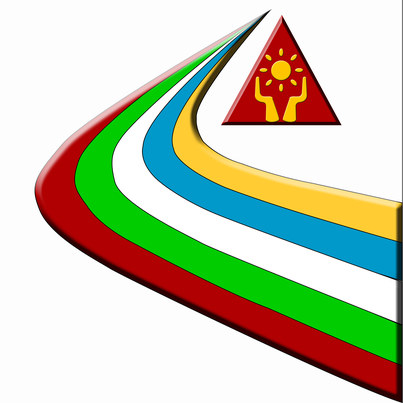“Hindi po dito nagtatapos ang aming pagtulong sa inyo. Makakaasa po kayo na babalik kami dito”- Engr. Marie Wendy J. Frany, COE Dean
Ungot, a barangay in Tarlac City, Tarlac Province, has a population of 4,006, accounting for 1.04% of Tarlac City's total population, based on the 2022 Census. According to the calculated Age Dependency Ratios, there are 56 youth dependents for every 100 working-age people in Ungot, 7 aged/senior citizens for every 100 working-age people in Ungot, and 63 dependents (young and old-age) for every 100 working-age people in Ungot.
Tarlac State University (TSU) – College of Engineering, Civil, Electronics and Electrical Engineering Department collaborated and facilitated an outreach extension activity entitled: Feeding Program for Selected Beneficiaries of Brgy. Ungot, Tarlac City held on August 11, 2023, at the covered court of Brgy. Ungot, Tarlac City. Its ultimate purpose was to distribute two hundred (200) food packs to the beneficiaries. Faculty Volunteers led by Engr. Marie Wendy Frany, along with Engr. Susa Nina Sapad, Engr. Randy Policarpio, Engr. Charmaine Czenina Reguindin, Engr. Maan Florendo, Engr. Enalyn Domingo, Engr. Mark Benz Pineda and Ms. Pinky Dela Cruz, have unleashed their full efforts to facilitate the said event.
This extension activity of the COE – Civil, Electronics and Electrical Engineering Department contribute to Sustainable Development Goals (SDG); SDG 2: Zero Hunger since this activity allows the beneficiary to improve and sustain their nutrition, food security, and health.











